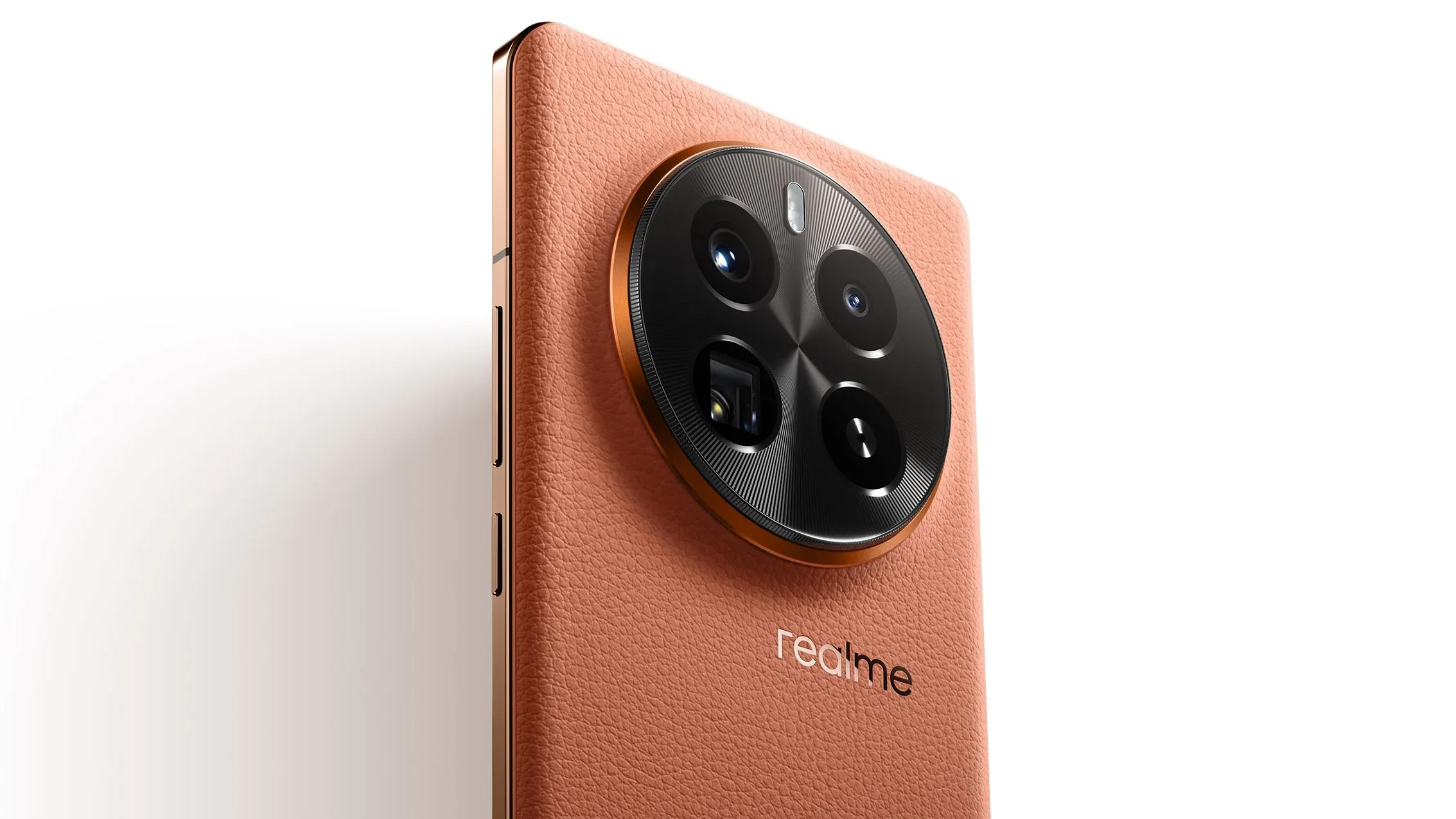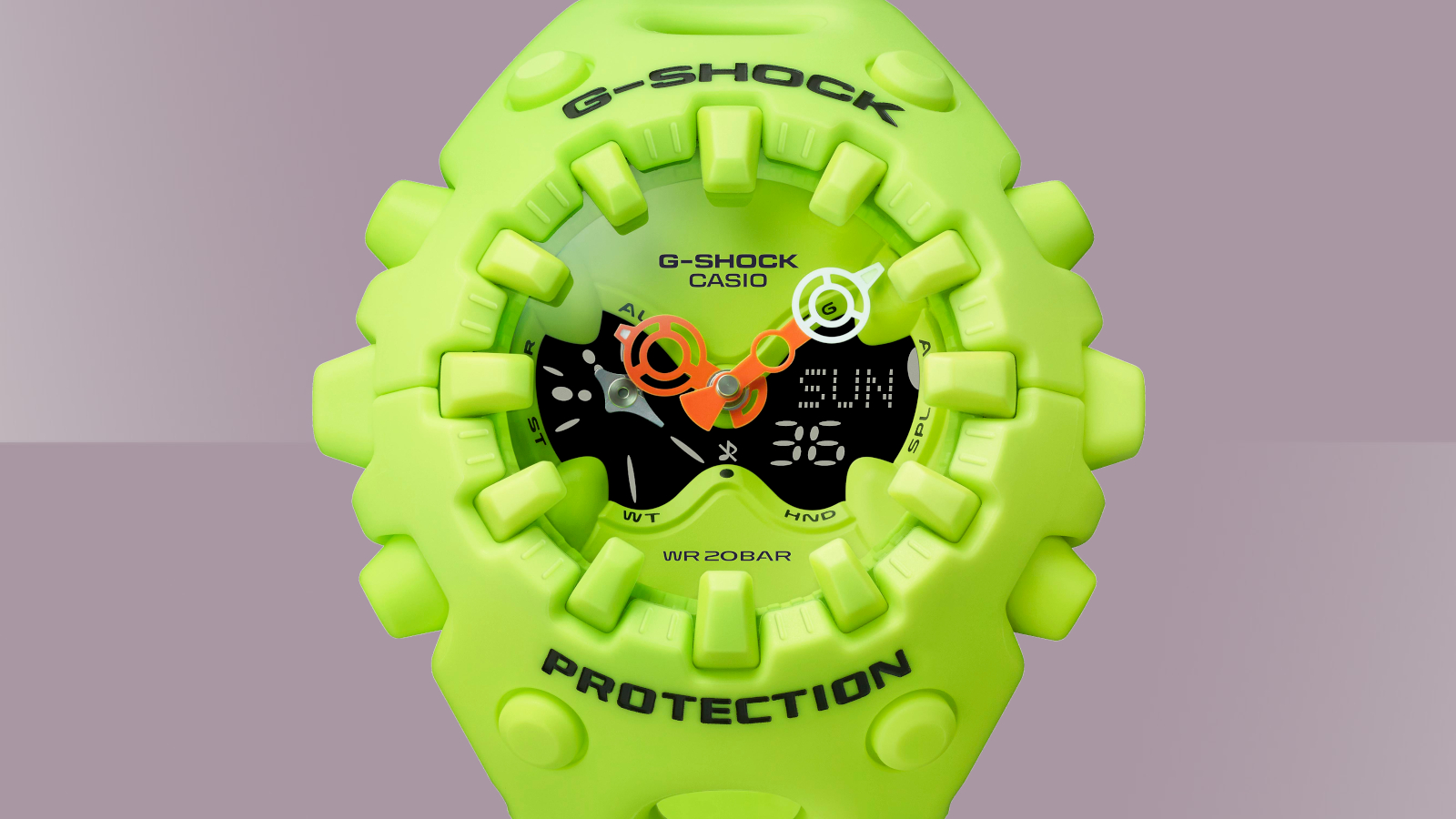

When it comes to unlocking your phone, there are usually two choices. Some phones have facial unlocking, where you put your face in front of your selfie camera to unlock your device; and others have fingerprint unlocking, where you get the same results by pressing your finger against a sensor. The location of the sensor varies from firm to firm, but the basic idea remains the same – unless you're Realme.
With the Realme GT5 Pro, Realme has come up with an alternative to both facial and fingerprint recognition systems: palm recognition. And that leaves us with a big question: why?
Is palm recognition hand-y?
Palm recognition is exactly what you think it is. Instead of recognising your fingerprint or your face, the GT5 Pro can recognise your palm print. It does this via the front-facing selfie camera, just like facial unlocking does, but with your hand rather than your head.
There's a demo video of this in action on X, where it does appear to work as described. So why use it?
The most obvious benefit over fingerprint recognition is also the least relevant here: it's more hygienic, because you're not physically touching your phone. But as you're unlocking your phone to use it, which will involve physically touching it, that's not really a factor here.
The second benefit is the same as with facial recognition: you can unlock your phone when your hands are busy, or when you're doing something such as food prep or something mechanical that coats your fingers with stuff you don't want to transfer to your phone.
And the third benefit is that the camera used for palm recognition can be used for gesture recognition too, which is exactly what Realme's done: the GT5 Pro can switch between apps and take screenshots hands-free.
Sign up to the T3 newsletter for smarter living straight to your inbox
Get all the latest news, reviews, deals and buying guides on gorgeous tech, home and active products from the T3 experts
But the main use for palm recognition is of course security. Palm scanning has the potential to be more secure than fingerprint scanning, but that's a different kind of scanning than we appear to have here. Palm vein pattern recognition exists and works very well, but it's also very expensive compared to other methods. The version being used here appears to be hand geometry recognition, which is much cheaper, much faster and unfortunately less secure than fingerprint recognition.
The Realme GT5 Pro is currently only available in China but is expected to launch in Europe early next year. If you see one, give it a wave.
Writer, musician and broadcaster Carrie Marshall has been covering technology since 1998 and is particularly interested in how tech can help us live our best lives. Her CV is a who’s who of magazines, newspapers, websites and radio programmes ranging from T3, Techradar and MacFormat to the BBC, Sunday Post and People’s Friend. Carrie has written more than a dozen books, ghost-wrote two more and co-wrote seven more books and a Radio 2 documentary series; her memoir, Carrie Kills A Man, was shortlisted for the British Book Awards. When she’s not scribbling, Carrie is the singer in Glaswegian rock band Unquiet Mind (unquietmindmusic).

